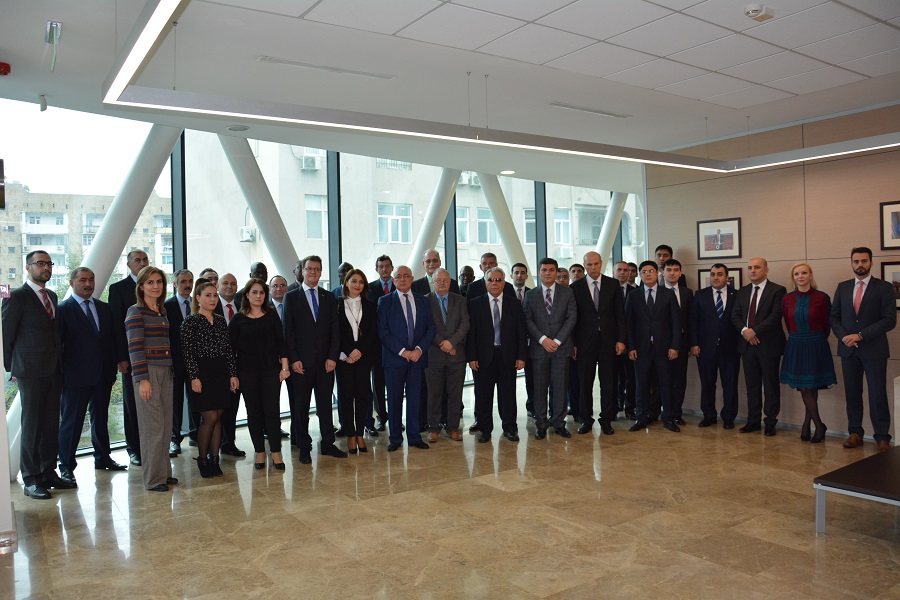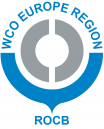On 18 October 2016 5th Anniversary of ROCB Europe was celebrated and the Container and Cargo Training Center was inaugurated.
According to the decision of the Government of the Republic of Azerbaijan, the ROCB was established in on 17 October 2011.
Taking into due consideration the vision of the WCO Members, the motivation behind the establishment of WCO ROCBs was to address on a regional level key development areas identified as a priority focus for Customs services. These areas reflect the desire by the Customs services to enable the governments to meet their policy objectives in respect to:
Revenue mobilization / Market access / Trade facilitation / Investment promotion / Trade statistics gathering / Protection of society from a range of social and national security concerns.
The celebration started with the opening remarks by Head of ROCB Europe Mr. Roger Hermann, Chairman of the State Customs Committee of the Republic of Azerbaijan Mr. Aydin Aliyev, video message by Secretary General of WCO Mr. Kunio Mikuriya, followed by short speeches made by representative of the WCO Vice-Chair for Europe Region Mr. Peter Adamec, by Senior Policy Advisor of Hungarian Customs Administration Mr. Gábor Tamás Hóka and by Advisor on Strategic Cooperation, UNDP Mr. Mazahir Afandiyev.
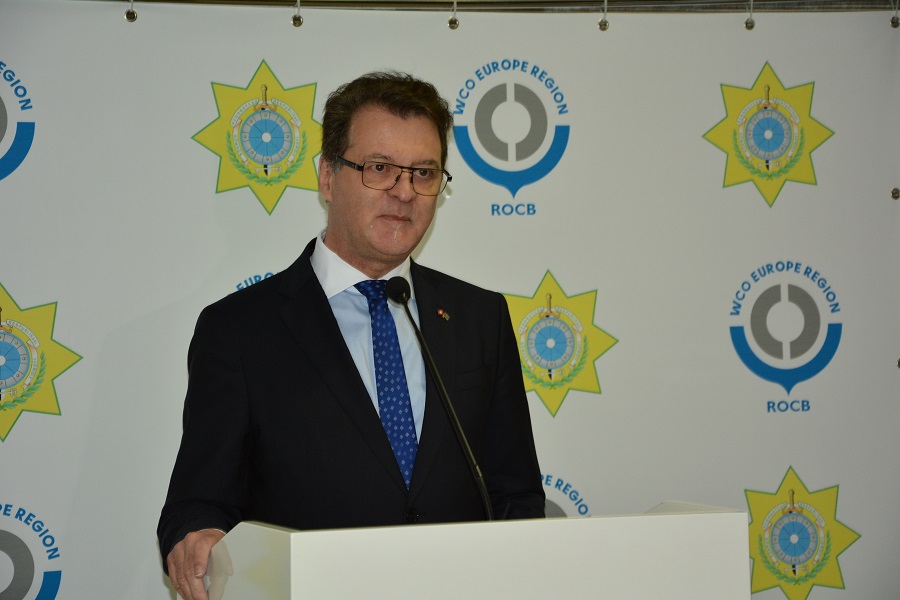
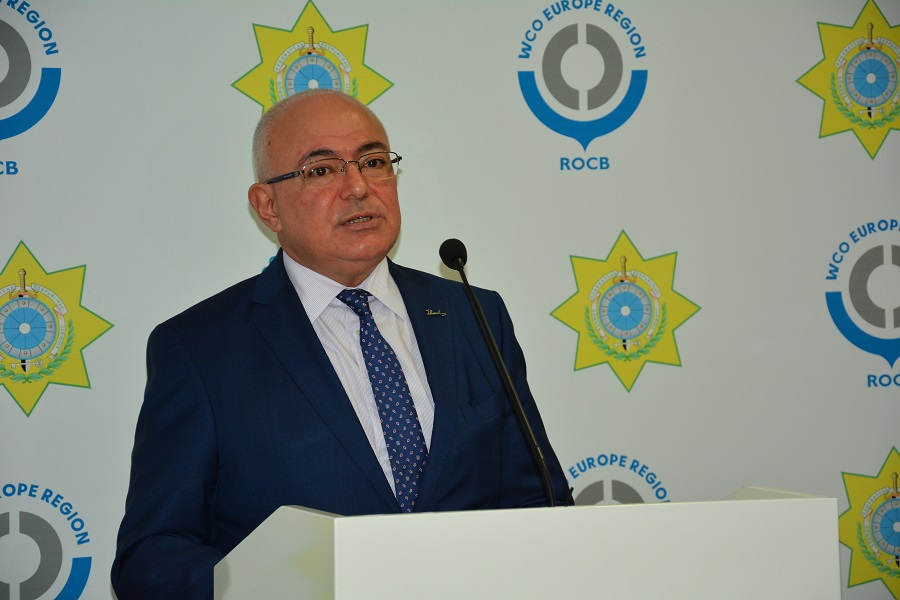
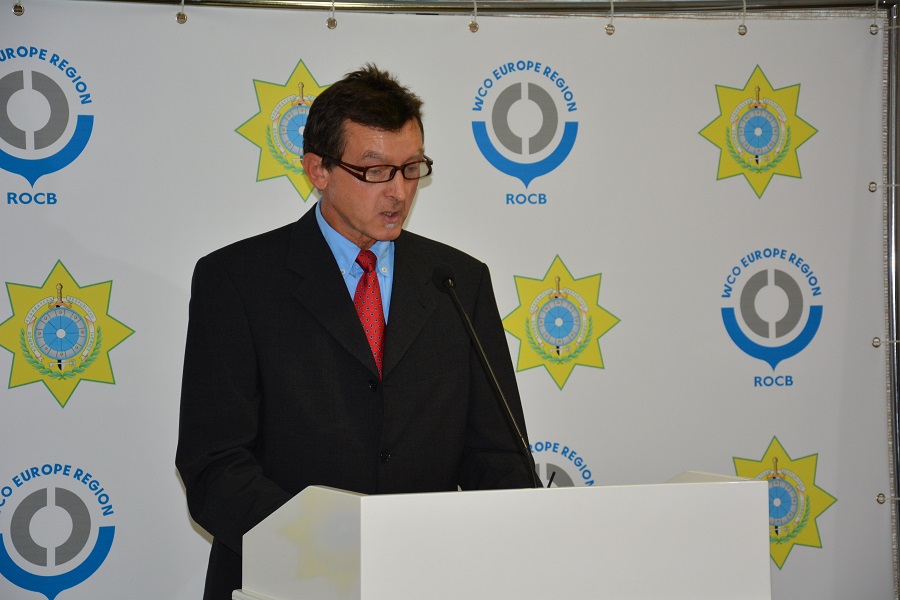

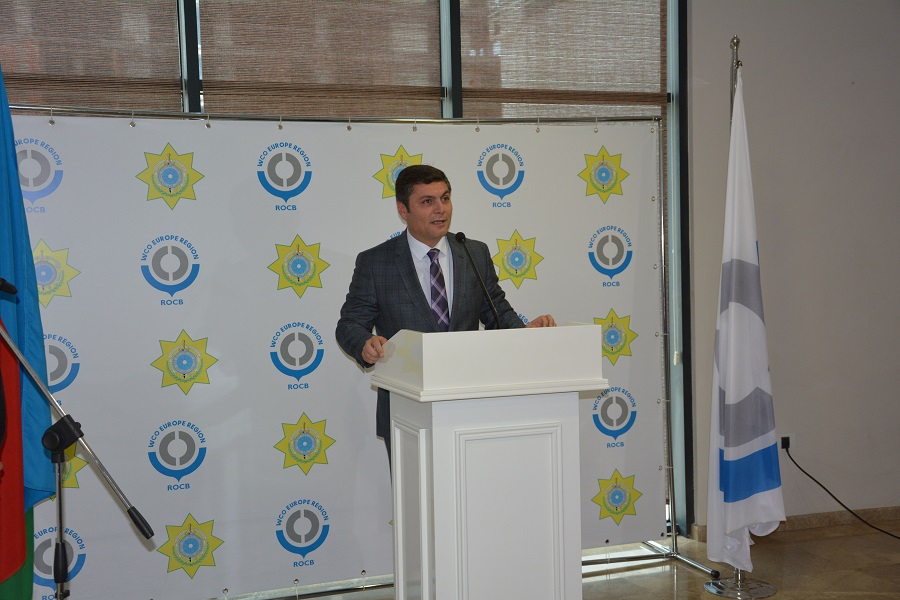
This was followed by the ribbon cutting for the inauguration of the container and cargo training center with the participation of experts from Dutch Customs Administration Mr. Cees Visscher and Mr. Jan van Ee.
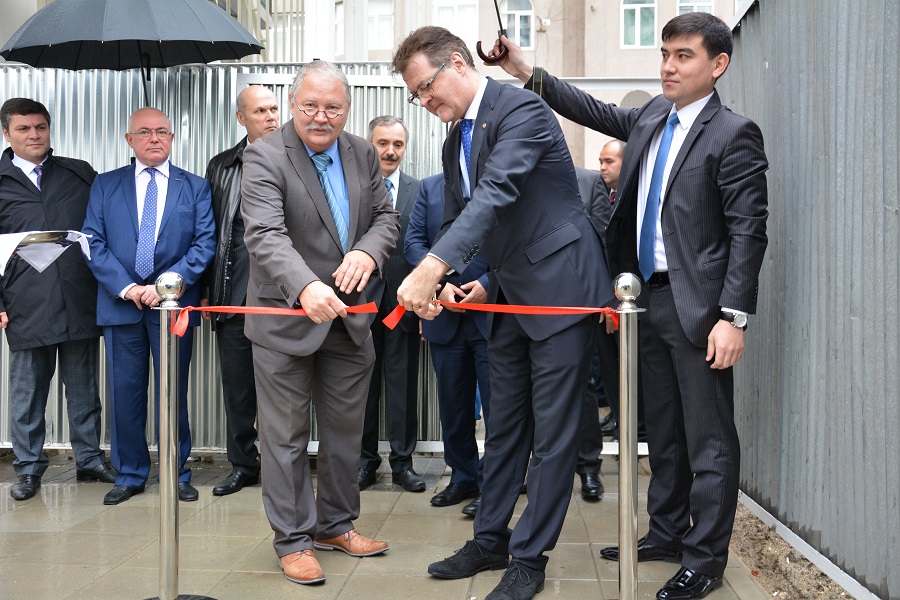
Containers are the means of transport per se, for now and in the future. The idea to reinvent the so-called Silk Road, a traffic route running from China to Europe was born in the nineties of the last century. Stakeholders built different forms of syndicate as for e.g. the TRACECA (Transport-Corridor-Europe-Caucasus-Asia). Experts anticipate that profits for countries along the Trans-Caspian international transport route will increase in the future as a result of freight transportation. It is expected that several hundred thousand of containers will be transported via this route in the coming twenty twenties. This expected increased amount of container traffic can only be accomplished in an efficient way by best trained and skilled staff.
The facility is considered for the training of frontline officers in container and cargo control (both theoretically and practically) and is the second center worldwide after the one in Rotterdam. It was built with the kind support of Customs Authority of the Netherlands.
The Container and Cargo Training Center Baku is inspired on the model of Rotterdam. It will provide an additional useful benefit for the whole region. As a result, the Customs Authorities along the silk route will be able and are in the position to well train and prepare their own staff for this traffic challenge in the future.
